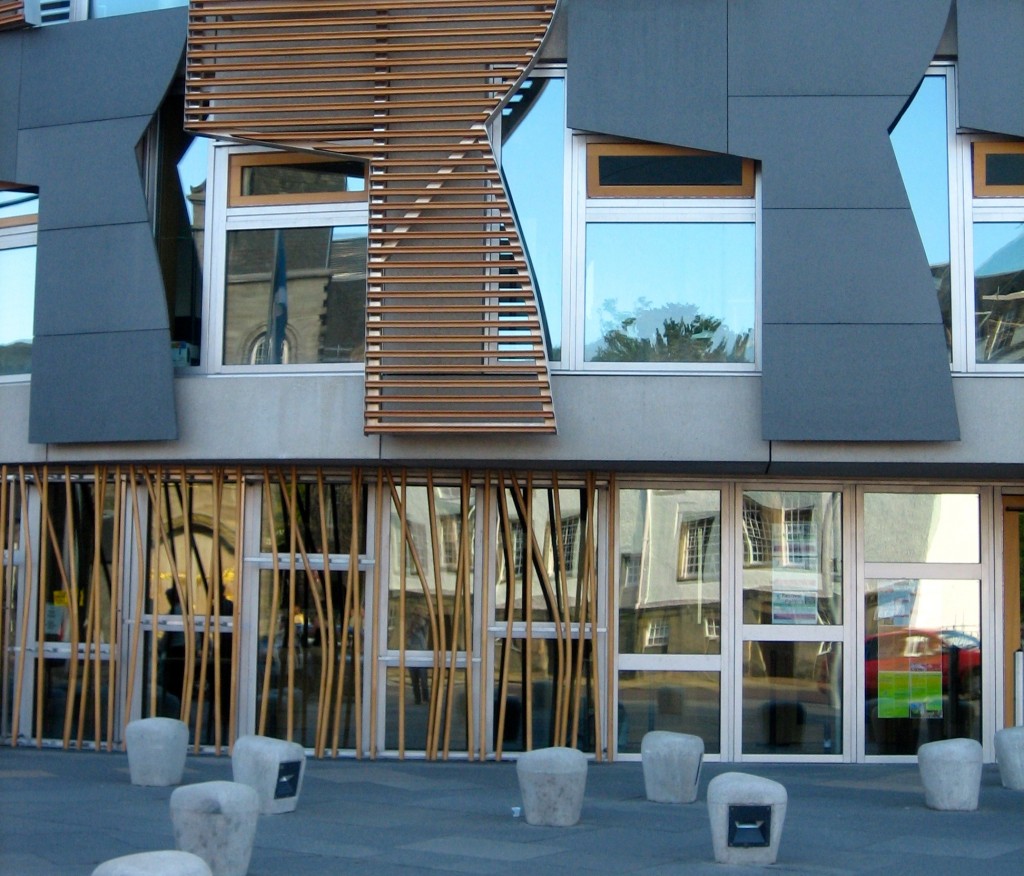For the first time since Corbynmania began earlier this summer, the Labour backbencher and leftist rebel — now favored to become the Labour Party’s next leader when all the votes in the leadership contest are counted on Saturday — directly challenged prime minister David Cameron in the House of Commons on Monday.![]()
Ostensibly, it was just another question about the Conservative position on admitting more refugees from Syria and abroad (see video above).
But there’s some fascinating body language that could show us what the future of British parliamentary politics will look like — and very soon.
* * * * *
RELATED: Corbyn’s surprise rise in Labour leadership race highlights chasm
RELATED: The rational case for supporting Corbyn’s Labour leadership
* * * * *
Corbyn, the MP from Islington North since 1983, has the distinction of bucking prior Labour leaders more than any other backbencher. But a surge of support for Corbyn, viewed by supporters as an earnest defender of British leftism, swelled the ranks of the Labour electorate. New members, presumably swept up by Corbyn’s charms, joined in the tens of thousands simply by paying a £3 membership fee. With the support of some of the country’s largest and most powerful unions, Corbyn quickly — and surprisingly — shot to the top of the pack against his three more moderate rivals.
Ironically, many of the 35 MPs who nominated Corbyn do not even support him; instead, they supported him to give Labour’s far left, previously an anemic force in party politics, a voice in the election.
There’s still a chance that shadow home secretary Yvette Cooper, who won plaudits last week for her strong stand on admitting more migrants to Great Britain, could win — and there’s a sense that she emerged only too late as the most ‘prime ministerial’ of the four candidates vying for the leadership. There’s still even a chance that the former frontrunner, shadow health minister Andy Burnham, could win. But oddsmakers are still betting on Corbyn to emerge victorious on Saturday. Voting opened on August 10, though many Labour voters have only recently received their ballots. Votes are tabulated on a preference basis — so if a voter’s first choice is eliminated after the first round of counting, the vote is transferred to the second choice and so on.
While Corbyn will almost certainly win the first round, there’s a chance that, as other candidates are eliminated, the anti-Corbyn vote will consolidate behind either Burnham or Cooper. The most moderate candidate, Liz Kendall, most associated with the policies of moderate former prime minister Tony Blair, is widely predicted to finish last.

Nowhere will that political earthquake create more tremors than at Westminster, where few members of the parliamentary Labour Party support Corbyn (pictured above), who may struggle to enforce the kind of party discipline he has so often bucked. Virtually no one believes that Corbyn will survive as Labour leader until the next scheduled general election in 2020 — and that it is only a matter of time before more seasoned Labourites hatch a restoration. Many senior shadow cabinet members flatly refuse to serve in a Corbyn-led opposition. Blairites (and Brownites) on Labour’s moderate wing worry that Corbyn’s 1980s-style socialism will doom the party’s chances in the 2020 election or beyond, and fear Labour could split, as it did briefly in the 1980s under former leader Michael Foot. Continue reading Corbyn versus Cameron: The future of PMQs in Great Britain?

